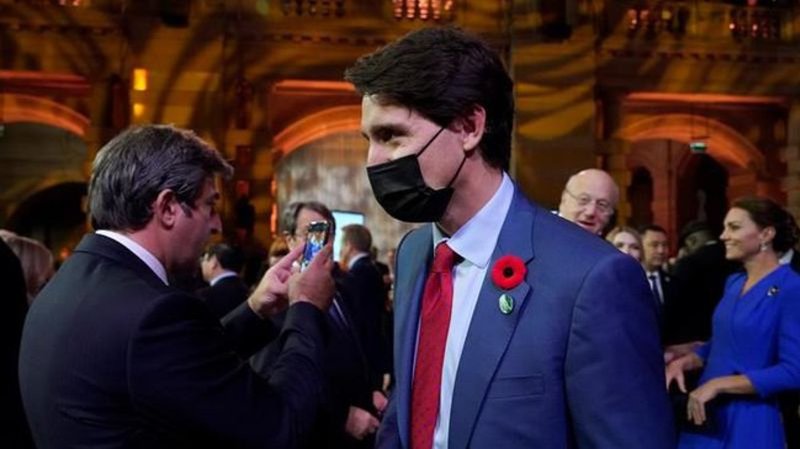
Carbon pricing and election conspiracy theories: In The News for Nov. 2
In The News is a roundup of stories from The Canadian Press designed to kickstart your day. Here is what’s on the radar of our editors for the morning of Nov. 2 …
What we are watching in Canada …
Prime Minister Justin Trudeau will push the world to negotiate a minimum price on pollution at the COP26 climate talks in Glasgow today.
Trudeau will start his second and final day at the annual climate negotiations by co-hosting a carbon pricing event where he will showcase Canada’s carbon price as one of the most ambitious in the world.
